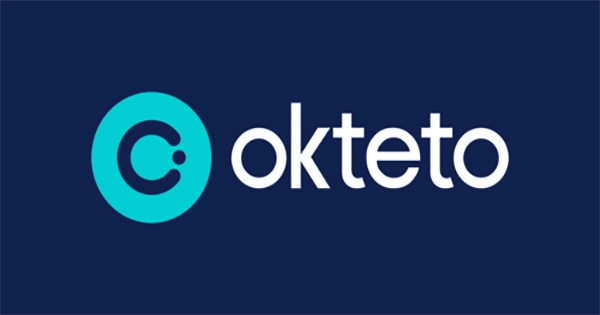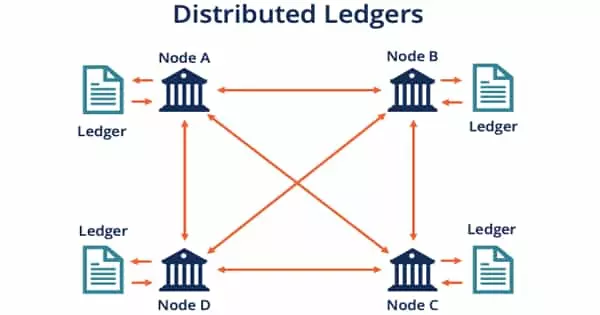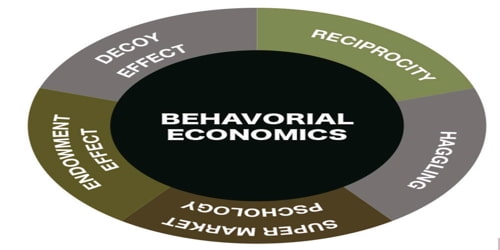Okteto, a company that helps developers quickly set up Kubernetes-based development environments to speed up their development process, said today that it has secured a $15 million Series investment round. Existing investors Haystack, Root Ventures, and Uncorrelated Ventures, as well as a number of individual investors, including LaunchDarkly founder and CTO John Kodumal, Replicated founders Grant Miller and Marc Campbell, FingerprintJS founder, and CEO Dan Pinto, Bitnami founder Erica Brescia, and Mesosphere founder Florian Leibert were among those who participated in the round.
Monday.com, LaunchDarkly, and Replicated are among the customers of the startup, which participated in Y Combinator’s winter 2019 class. Ramiro Berrelleza, co-founder and CEO of Okteto, told me that the concept for the service stemmed from his work at Microsoft and Atlassian. He noted that although Kubernetes and microservices made life simpler for operations teams, they did not always make life better for developers.
“You have all of these really cool tools for production, deployment, containers, Kubernetes, microservices — but what I saw from my side as a developer was, ‘hey, all of this is great, I see why it’s super useful for production — it all makes a lot of sense — but it makes my life as a developer harder,'” he said, contrasting today’s development practices with tools like Ruby on Rails or the types of server applications he built at.
When Berrelleza met with his co-founders, Pablo Chico de Guzman (CTO) of Docker and Ramon Lamana (CPO) of Atlassian, they realized they were all dealing with the same issues. That, as is so frequently the case, was the push for the team to try to fix the problem once and for all.
Okteto’s key concept is that the development environment should be identical to the production environment. “The first essential was that we needed to provide developer’s access to something as near to production as possible,” he explained, “without the complications of having to wait for things to be deployed and going through all this build process.”
Developers can obtain remote dev environments operating on Kubernetes clusters with all of the microservices, databases, and other services they’d find in their production environment, and they can shut down the environment just as simply when they’re finished. Part of the company’s strategy, according to Berrelleza, is to ensure that its service works with a developer’s existing workflow. If a Docker Compose file for the production environment already exists, Okteto can use it to set up the development environment, for example (or developers can write their own okteto.yml manifests, too).
The team wants to expand its feature set beyond setting up dev environments to include tools for creating tests, as well as expand the use cases for its ephemeral environments. It released “preview environments” last year, for example, that clients may use to show off the present status of a project to their own customers, designers, or other stakeholders who aren’t generally involved in the software development process. “Writing code is only one part of the software development process. The earlier in the cycle you can bring these people in, the better for everyone,” Berrelleza added.
Okteto isn’t the only company working to solve this problem. Signadot just launched its public beta, promising to provide developers with speedier feedback loops thanks to its ability to swiftly put up production-like environments for testing. From a technical standpoint, these organizations adopt slightly different techniques, but their goals are extremely similar.
















